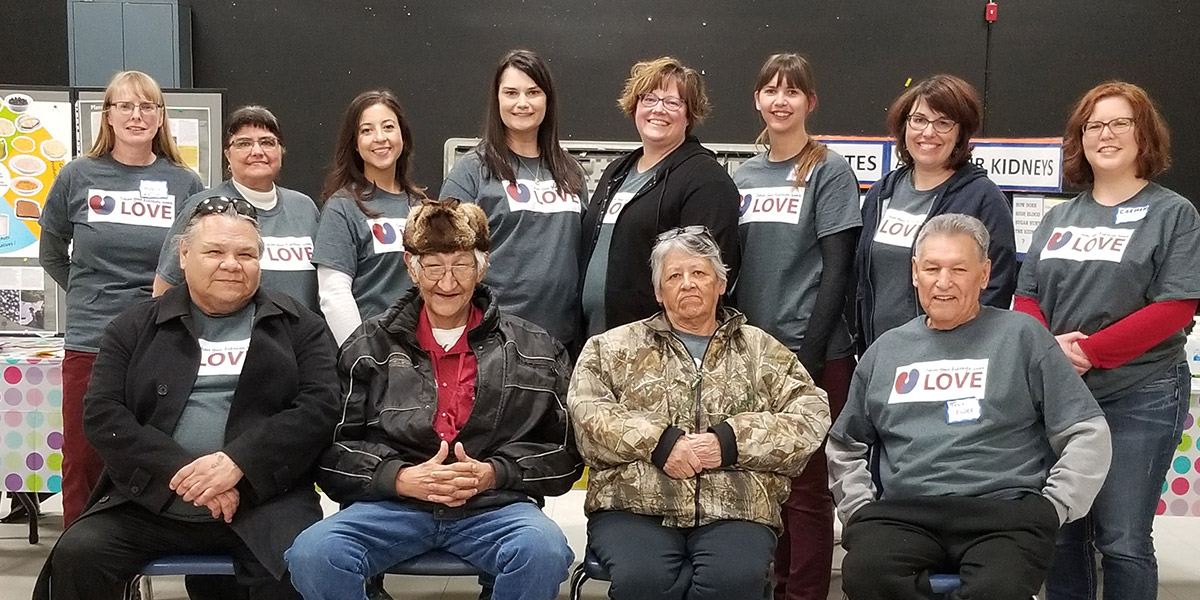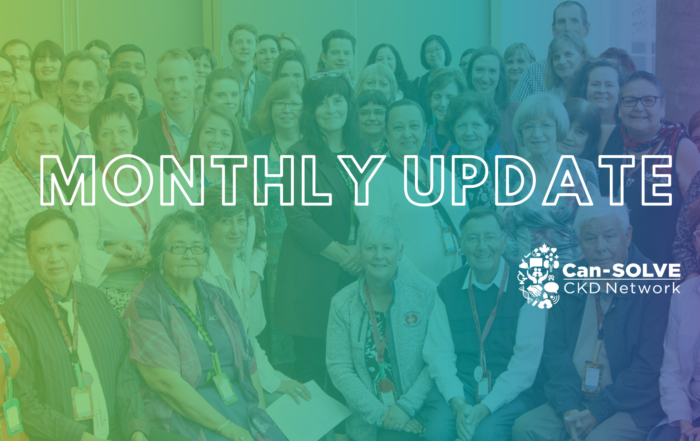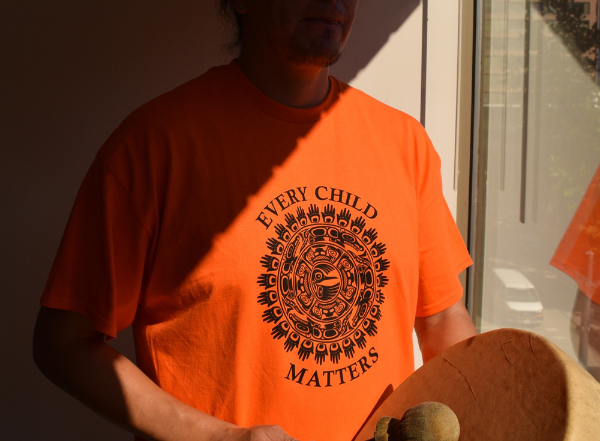People living with kidney disease must handle a lot of information related to their treatment. This may involve unique diets and practices to protect kidney health and limit progression of the disease.
For many Indigenous people, a lack of resources in Indigenous languages presents a barrier to accessing the information they need to make informed decisions about treatment. One Can-SOLVE CKD research project is seeking culturally appropriate ways to overcome this barrier and increase Indigenous peoples’ knowledge of kidney disease treatment options.
“Decision-making is based on an individual’s level of understanding of their kidney condition,” explains Dr. Joanne Kappel, researcher at the University of Saskatchewan who is co-leading the study with Dr. Carol Bullin. Kappel says, “We, as researchers, need to appreciate the unique perspective and understanding of Indigenous people and create culturally appropriate information that helps them in increasing their knowledge about kidney disease, which can support them in decision-making.”
The project first launched in 2018 and has involved educational sessions with PowerPoint presentations, videos and Q&A sessions led by participants. At each of these educational events, an Elder helps lead the session and incorporates Indigenous knowledge and traditions.
More recently, the project has involved focus groups with Indigenous people in Saskatchewan. These focus groups aim to create a more diverse perspective on what information is necessary for individuals to make informed decisions about their kidney health.

Project co-leads Dr. Joanne Kappel (left) and Dr. Carol Bullin (right)
“A preliminary set of educational videos on kidney health have been made and these are being further revised based on participant feedback attending the focus groups,” explains Bullin. While recruitment levels are still lower than would be ideal, Bullin says the feedback from participants so far has been very positive.
Participants in the study are not the only ones who have gained valuable knowledge and experience through this project. “For the project team, it has been the opportunity to meet new people and hear their lived experiences in relation to kidney disease,” says Kappel.
“Also, this project has provided an opportunity to learn about Indigenous culture, the importance that it plays in Indigenous peoples’ lives, and to be invited to participate in some of their traditions with them. Working with the project Elder has been an amazing, educational and inspiring experience.”

Members of the research project team



Connect with us